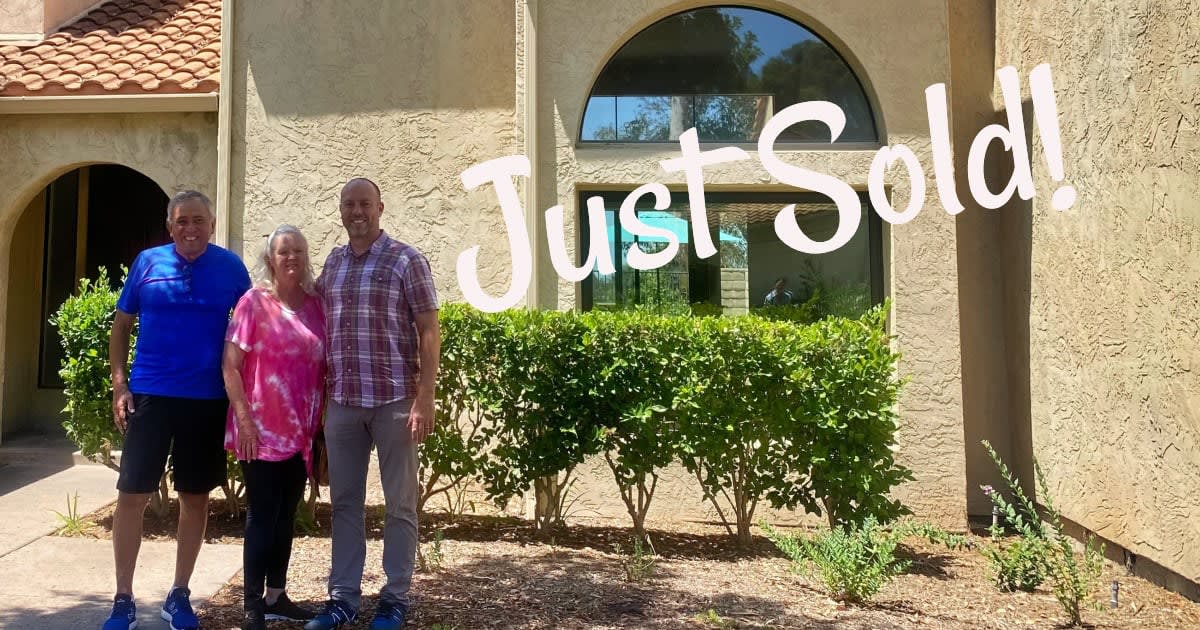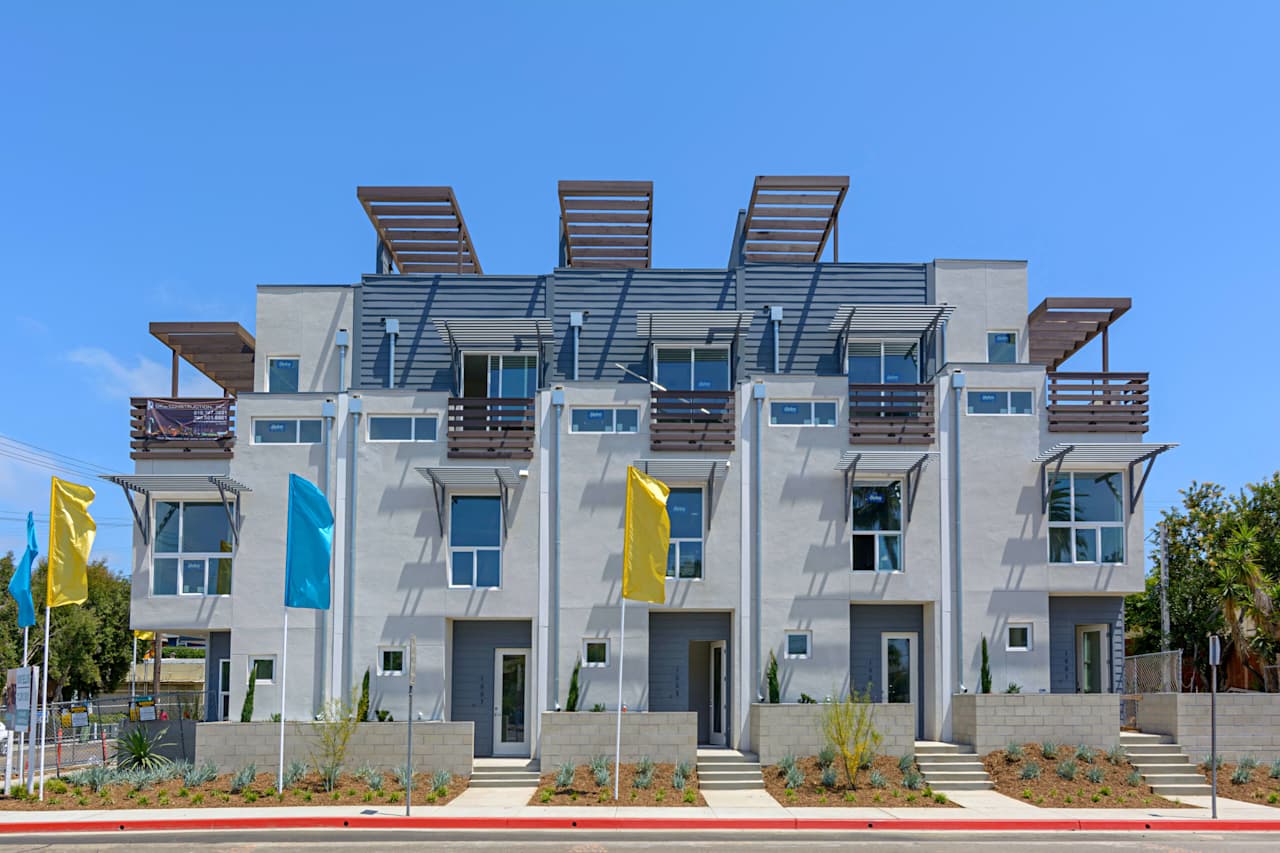5 Strategies to Become a First-Time Real Estate Investor
Multi-Unit Investment

Multi-Unit Investment

5 Strategies to Become a First-Time Real Estate Investor
People often contact me about the best ways of getting into the real estate investing game. With San Diego property values continuing to rise, it is very difficult to “get in the game.” Many have a sinking feeling they are sitting on the sidelines—missing the opportunity to create an expanding real estate portfolio for their legacy and estate planning.
Here are five available entry paths with the pros and cons of each.
The strategies target first-time and early-stage real estate investors. Experienced investors with an existing portfolio can also use these strategies, and more advanced options are also available.
Folio Real Estate Group is here to assist our clients in the acquisition and sale of properties, and MV Properties is the top property management company in San Diego.
1. From Primary Residence to a Rental Property
Many homeowners become landlords when they buy a new home and keep their original home as a rental. Especially in this high-interest rate environment, people do not want to sell a home with the 3% mortgage rate, especially if the rental income covers all the property’s expenses. This scenario is also common when one inherits a property – it becomes a rental for the heirs. Another twist is the new ADU rules, where homeowners are building extra units on their property and renting them out – sometimes while still living on the property.
Pros:
• You already own the property, and the loan on your property may be at low-interest rates, locked in for 30 years.
• Benefit from tax advantages of owning a rental property-- deductions for mortgage interest, property taxes, depreciation (my favorite), repairs, and other expenses.
• Eliminate capital gains taxes with a future 1031 Exchange. Many people use this route to trade into larger multi-family properties.
• Very few people have uttered the words “I wish I sold my San Diego home years ago.” Values continue to rise, as we are one of the best places on the planet to live, and our housing supply is very limited.
Cons:
• Many owners are emotionally tied to the property and have a hard time looking at it as a pure investment.
• For those who choose to self-manage, the responsibilities of property management include maintenance and repairs, vacancy periods.
• New tenant protection laws make self-management more difficult.
2. Investing in a Single-Family Home or Condominium
In many markets outside of San Diego, particularly in the mid-west, low home values mean buying a single home or condo could “pencil” from day one, with rental revenue exceeding all costs and vacancy risk. In San Diego, this has rarely been the case, as our home values are so high that even as rents increase, it’s hard to find single units that pencil. But many people do go this route. Buying all-cash (no mortgage) certainly helps reduce the monthly cost and increases cash flow. But their Return on Equity may not justify such a large cash outlay.
Pros:
• Very high demand for single-family rental properties, as most families in San Diego, have a hard time qualifying for a home purchase.
• Lower initial upfront investment than buying multifamily or larger properties.
Cons:
• Higher interest rates (+1%) for investment properties compared to loans for primary residence.
• Many owners who self-manage do not keep rents at market rates, usually because they have a personal relationship with the tenants.
• Income isn’t diversified: during vacancies, there is zero income vs. multi-unit, where there will virtually always be occupied units.
• Buyers must analyze their Return on Equity (ROE) for a single-family rental purchase vs other investment options.
• When buying a single home as an investment, you are also competing against primary residence buyers, who are not underwriting it through the same cash flow metrics.
3. Investing in 2-4 Unit Multi-Family Properties
Multi-unit properties, including duplexes, triplexes, and fourplexes, offer an attractive middle ground for real estate investors. Financing for these properties resembles single-family homes, making them more accessible for those looking to expand their portfolio. And “house hacking” is an awesome way for younger investors to get in the game.
Pros:
• Loans for 4 units or less are fully amortized over 30 years, just like a primary residence loan. They are still “residential,” whereas 5 or more units are “commercial” loans.
• Greater potential for positive cash flow in comparison to single unit acquisitions. You are competing against other (hopefully rational) real estate investors who are looking for a return.
• A great option is “house hacking” or living in one of the units and renting out the others. Let the tenants pay the mortgage and help you build equity!
Cons:
• Qualifying for larger loans can be challenging for first-time buyers as they typically use the buyer’s financials to guarantee the loan.
• Investment property mortgage rates are typically higher by (+1%).
4. Owning 5 or More Units with Commercial Loans
Stepping into properties with 5 or more units takes investors into commercial loans. These loans typically have shorter terms and different amortization structures, creating unique advantages and disadvantages.
Pros:
• Lenders underwrite the loan using a property's cash flow rather than solely focusing on the buyer’s credit.
• Potential for higher returns due to larger-scale investments.
Cons:
• Shorter loan terms, due in 3, 5, 7, or 10 years. This means the loan must be refinanced or otherwise paid off, or the property sold at the end of the term.
• Exposure to interest rate fluctuations, especially when refinancing at the end of the loan’s term.
• Shorter loan amortization schedule, typically 25 years vs. 30 for residential loans. This means the monthly payment is based on a 25-year payback, even if the loan is due in 5 years.
Shorter amortization means higher monthly payments.
• In today’s high-interest rate environment, the Loan to Value (LTV) may cap out around 50%, meaning a large down payment is required.
• Prepayment penalties typically apply.
5. Participating in Third-Party Investments
If you prefer a more hands-off approach to investing, third-party options like Real Estate Investment Trusts (REITs) and Private Syndications might interest you. These investment vehicles provide various opportunities for accredited and non-accredited investors.
Pros:
• Hands-off diversification with reduced risk, as your investment spans multiple properties (in the case of REITs).
• Professional operators with resources of a large company.
• Full liquidity for publicly traded REITs, you can buy/sell your shares at anytime. Although this is not the case in most Private Syndications.
• Lower initial investment compared to purchasing a property outright.
• Accessibility through online platforms, making it easier to get started.
Cons:
• Less control over individual properties compared to direct ownership.
• Limited tax advantages when compared to owning real estate directly.
Each of these 5 avenues offer unique opportunities and challenges; the right choice depends on your circumstances. Seeking guidance from professionals like Folio Real Estate Group for purchases and sales and MV Properties for management, can provide invaluable insights as you embark on your real estate investment journey.
We love helping our clients make smart, informed real estate investment decisions. Contact us today for a consultation about maximizing your investment dollars!
Stay up to date on the latest real estate trends.

Multi-Unit Investment
Savvy multifamily real estate investor's partnership with Folio Real Estate Group’s property management company MV Properties became a game-changer.

Multi-Unit Investment
Are you missing the opportunity to create an expanding real estate portfolio for your legacy and estate planning?

Real Estate Investment
Holding Treasury bonds and federally backed money market accounts is considered risk-free because the US government backs them. The problem, however, is that inflation… Read more

Announcement
Richard and Janet were patient and stuck to their criteria.

Housing Data
In San Diego County, the housing market is always experiencing high demand. Homes are still in the realm of affordable, at least for California, which leads to more ma… Read more

Real Estate
Why Housing Prices Aren't Going Down: Exploring the Current Real Estate

Real Estate
Off-market Townhome Secured for 6% Under Comparable Value

Community
BLCI Board Chair and Folio Principal Keegan McNamara Featured Speaker

Multi-Unit Investment
We understand these changes can be confusing and potentially concerning, but as your local leader in Property Management and Listings Services, we are committed to kee… Read more
You’ve got questions and we can’t wait to answer them.